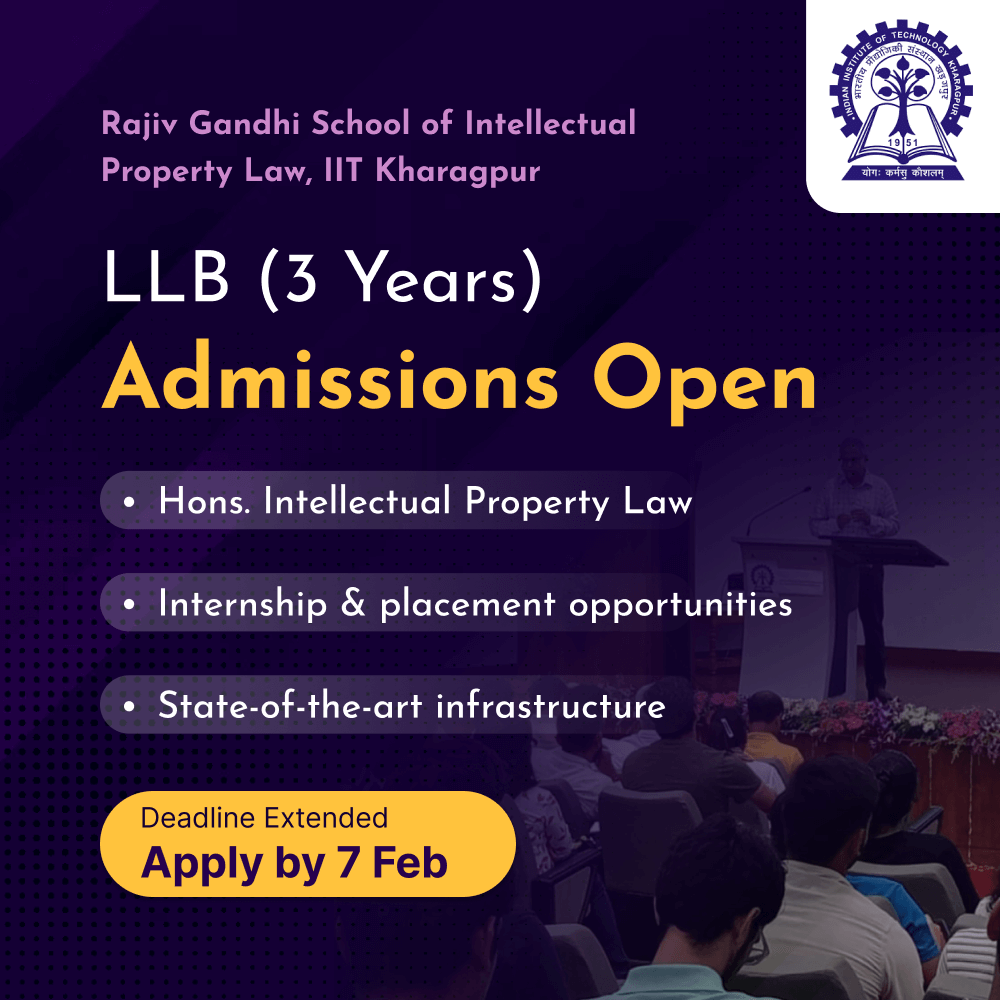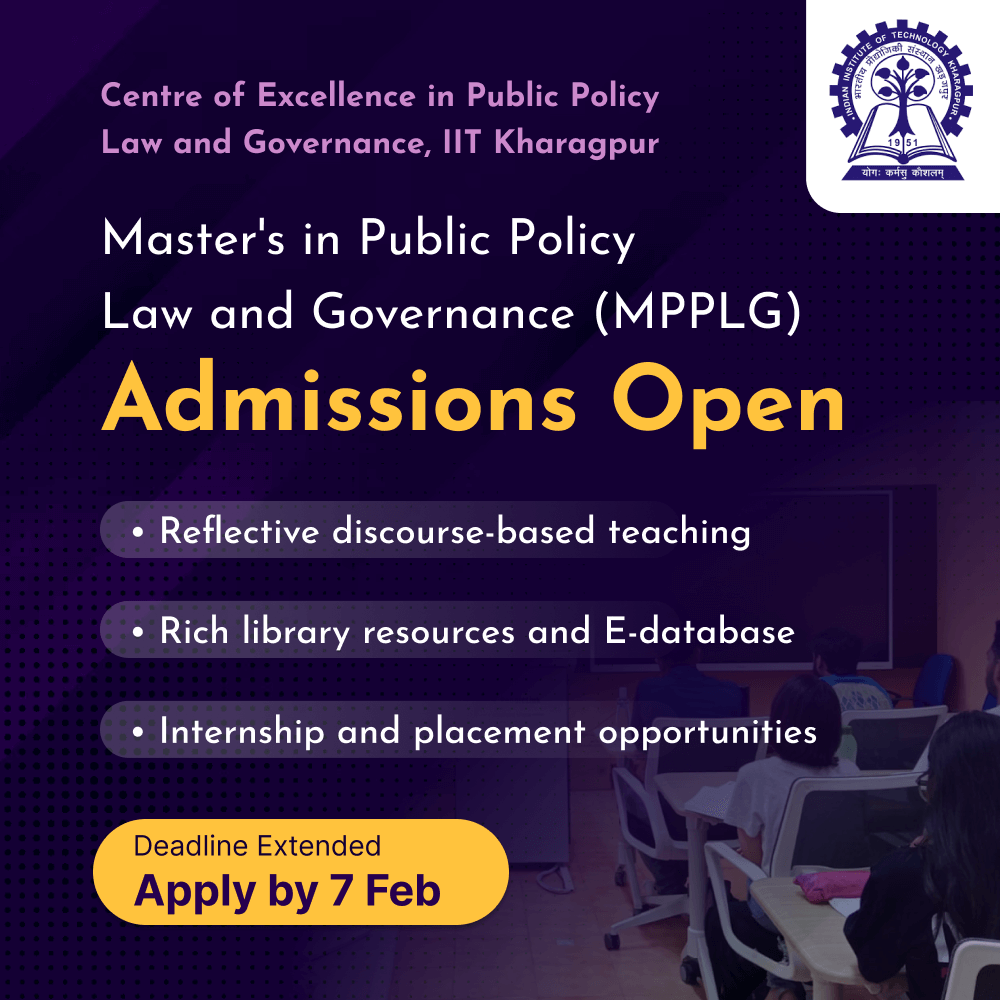Submissions are invited for the 1st Annual International Management Conference on Business at the Crossroads: Technology, Sustainability, and Society at BITS Pilani, Hyderabad.
About BITS Pilani
Birla Institute of Technology and Science, Pilani – Hyderabad campus is one of the premier technical and science institutes of higher learning in India. It was established by the Birla Institute of Technology and Science, Pilani (Rajasthan), and it was its latest campus in the year 2008 with the first batch graduating in the year 2012. BITS, Pilani is one of India’s top technical and science universities established under Sec. 3 of the UGC act.
About the Department of Economics and Finance, BITS Pilani – Hyderabad Campus
The Economics and Finance Department at BITS Pilani – Hyderabad Campus offers MSc (Hons) Economics as a first degree, three minor programs (Finance, Management, and Computational Economics), and a Ph.D. program. The diversity of specializations of the departmental faculty has promoted multi-faceted research at the Department and has brought a certain depth to the courses as well. Along with research, the Department recognizes the growing demand for trained manpower in education, industry, government, and other sectors, as well as nurturing future researchers and specialists in Economics, Finance, and Management.
The teaching methodology pursues to provide students with a strong conceptual foundation and to create a continuous interest and involvement with the real-life applications of Economics, Finance, and Management. For more details about our department, we request you to go through the department website.
About LaboNFC, University of Quebec at Chicoutimi, Canada
Established in 2017, the Research Laboratory on New Forms of Consumption (LaboNFC) stands as a unique laboratory in North America dedicated to applied research in management sciences. Recognized by the University of Quebec at Chicoutimi and attached to the Department of Economic and Administrative Sciences, LaboNFC specializes in pioneering studies and strategic monitoring focused on research-innovation and the transfer of knowledge in emerging areas of consumption. The lab’s research themes include modeling consumer behavior, exploring business models, and the technology that supports these consumption forms, as well as examining the consumer’s relationship with brands and their impact on social well-being.
LaboNFC uses a variety of research approaches—descriptive, explanatory, and critical—to advance understanding in these areas. Additionally, the laboratory is committed to training academic and professional researchers and disseminating research findings to both industry professionals and the general public, enhancing the practical application of their scholarly work.
About Canada Research Chair in Technology, Sustainability and Society
The Canada Research Chair in Technology, Sustainability and Society (CRC TSS) is a leading research unit focused on exploring the intersection of responsible transitions and digital advancements, specifically examining the impact of emerging technologies on sustainability. The CRC TSS is committed to promoting sustainable transitions that respond equitably to human needs. The mission centers on evaluating the interactions between technology and sustainability, aiming to foster a more balanced and ecosystem-friendly society. This includes assessing the socio-ecological footprint of technologies and advocating for responsible digital practices.
The Chair actively contributes to the development of academic knowledge and sustainable professional practices at both local and international levels, facilitates partnerships between professionals and academia, and promotes interdisciplinary projects to address complex technological and environmental challenges. Additionally, it plays a crucial role in involving and training advanced students in innovative research projects and in the production, dissemination, and transfer of knowledge within the academic and professional communities.
Tracks
Track 1: Marketing – “Sustainable Marketing in a Digital Age”
- Integrating Technology and Sustainability in Marketing Strategies
- The Role of Digital Platforms in Promoting Sustainable Products
- Consumer Behavior Trends at the Intersection of Tech and Eco-consciousness
- Ethical Challenges in Digital Advertising
- Virtual Reality and Augmented Reality in Sustainable Marketing
- Social Media as a Tool for Social and Environmental Impact
- Content Marketing for Sustainable Brands
- The Future of Green Consumerism
- Building Sustainable Brand Loyalty through Technology
- The Impact of Big Data on Sustainable Consumer Insights
- Marketing Automation and Eco-friendly Practices
- Leveraging IoT for Enhanced Customer Experiences in Sustainability
- AI’s Role in Predicting Sustainable Consumer Trends
- The Ethics of AI in Consumer Profiling for Sustainability
- Cross-Cultural Approaches to Marketing
Track 2: Human Resources and Organizational Behavior – “Leading Sustainable Organizations”
- Embedding Sustainability into Organizational Culture
- The Role of HR in Fostering Sustainable Business Practices
- Leadership for Sustainability and Change Management
- Strategies for Enhancing Employee Engagement in Green Initiatives
- Organizational Behavior in the Context of Environmental Advocacy
- Diversity and Inclusion in the Sustainable Workplace
- The Impact of Technology on Workplace Sustainability
- Remote Workforces and Environmental Impact
- Psychological Aspects of Sustainable Leadership
- Employee Training Programs Focused on Sustainability
- Measuring the Impact of HR Initiatives on Environmental Outcomes
- Building Resilience in Teams for Sustainable Operations
- Ethical Considerations in HR Technology
- Strategies for Long-term Employee Retention through Sustainability
- Mental Health Initiatives Aligned with Environmental Goals
Track 3: Entrepreneurship and Strategic Management – “Strategies for Sustainable Enterprise”
- Entrepreneurial Approaches to Sustainable Business Models
- Strategic Management in the Age of Environmental Challenges
- The Role of Technology in Crafting Sustainable Business Strategies
- Corporate Social Responsibility in the Technological Era
- Strategic Leadership for Environmental Innovation
- Business Ethics and Sustainability
- Crisis Management in Sustainable Enterprises
- Leveraging Big Data for Strategic Environmental Decisions
- Building Eco-friendly Brands from the Ground Up
- The Future of Green Entrepreneurship
- Venture Capital in Sustainability-focused Startups
- Partnerships for Environmental Impact
- Scaling Sustainable Practices in Growing Businesses
- Competitive Advantages through Sustainability and Technology
- Overcoming Barriers to Sustainable Innovation in Business
Submission Guidelines
- Each author can submit only one paper; however, they can be co-authors of multiple papers.
- Papers that can’t be accommodated in the technical sessions will be considered for the poster session. Authors need to indicate whether they would want their papers to be considered for the poster session at the time of submission.
- Papers must be original articles and must be more than 6000 words each (preferred).
- Papers must not have been submitted elsewhere.
- Re-use of published material must be kept at bare minimum since these are supposed to be original article. Any re-use of published content must be explained, and authors must obtain permission for approved re-use
- All submitted papers will undergo an initial desk review followed by two double-blind peer reviews to ensure thorough evaluation and fairness in the selection process.
- Only papers that successfully pass the review processes of both the conference organizers and the publisher will be included in the conference proceedings volume.
- Please submit a PDF version of the paper only.
- Use the provided submission link to submit your paper. Papers submitted through other channels will not be considered.
Submission of Full Paper
- The corresponding author shall be the sole correspondent with the conference office on all matters related to this submission. In the event of acceptance of the full paper, no substantial changes to the content and order of authorship will be allowed.
- It is mandatory to mention the name of all persons who have contributed or have substantively edited the submitted work.
- Authors are requested to mention all possible conflicts of interest, whether or not directly related to the subject of the paper, in the appropriate section of the manuscript.
- Before submission, all authors are requested to ensure that there is no plagiarism, fabrication, duplication of data, or scientific misconduct in the submitted document.
Best Paper Awards and Publication Opportunities
Best Paper Awards Criteria and Process
The conference will feature Best Paper Awards for each track, recognizing exceptional research that stands out in terms of originality, relevance, and impact. A panel of distinguished academic experts will review submissions across the tracks of Marketing, Human Resources and Organizational Behavior, and Entrepreneurship and Strategic Management. Awards will be based on the rigor of the methodology, the clarity of presentation, the significance of the research contribution to the field, and its alignment with the conference theme.
Publication opportunities
Eligible papers will be transferred to the Interdisciplinary Journal of Management Studies (Scopus) for publication and must adhere to the journal’s formalities. Additionally, selected papers will be published in Scopus-indexed conference proceedings. We also have partnerships for a special issue on “Challenges and Future Trends of Digital and Sustainable Marketing and Consumer Choices” with journals such as Administrative Sciences (ISSN 2076-3387), Businesses (ISSN 2673-7116), Economies (ISSN 2227-7099), Journal of Theoretical and Applied Electronic Commerce Research (ISSN 0718-1876), and Sustainability (ISSN 2071-1050). Please note that APCs are applicable for these special issues.
Important Dates
- Conference dates: April 15-16, 2025
- Last date for paper submission: February 14, 2025
- Acceptance notification: February 28, 2025
- Last date for registration: March 15, 2025
How to Submit?
Interested candidates can directly submit through this link.
Submission Deadline
The submission deadline is Feb 14, 2025
Post Acceptance
The selected candidates will have to register for the conference. The registration link will be updated after Febraury 28, 2025.
Food and accommodation
The conference organizers will provide accommodation and meals for registered authors throughout the two-day event.
Mode of conference
The conference will be held in person at the Department of Economics and Finance, BITS Pilani, Hyderabad Campus
Registration Fee
- Presenting Author:
- Research Scholar/Student: ₹2500 + 18% GST
- Faculty/Industry Professional/Others: ₹4500 + 18% GST
- Attending Author:
- Research Scholar/Student: ₹2000 + 18% GST
- Faculty/Industry Professional/Others: ₹4000 + 18% GST
- Conference Attendee:
- Research Scholar/Student: ₹2000 + 18% GST
- Faculty/Industry Professional/Others: ₹4000 + 18% GST
Registration Link
The registration link will be updated after February 28, 2025.
Contact Details
- Prof. Rishi Kumar
- Associate Professor & HOD
- Dept. of Economics & Finance
- BITS Pilani – Hyderabad Campus
- E-mail: rishikumar[at]hyderabad.bits-pilani.ac.in
- Prof. Muhammed Sajid
- Assistant Professor & Conference convenor
- Dept. of Economics & Finance
- BITS Pilani – Hyderabad Campus
- E-mail: sajid.md[at]hyderabad.bits-pilani.ac.in
For all your queries, please write to aimc[at]hyderabad.bits-pilani.ac.in
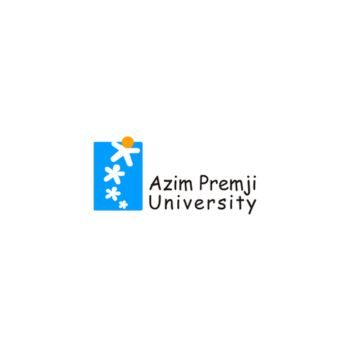
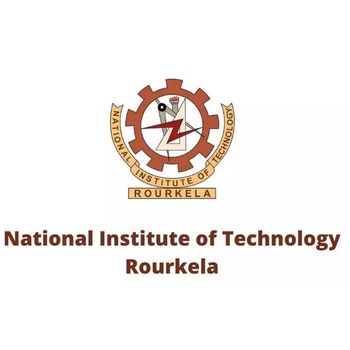
![IEEE ICWITE 2025 Summit at Bangalore [Sep 26-27]](https://cse.noticebard.com/wp-content/uploads/sites/23/2025/05/new-one-61.jpg)
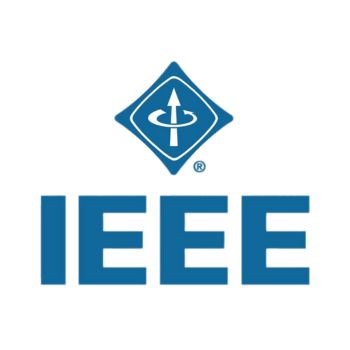
![CfP: International SARC Conference on Industrial and Production Engineering (ICIPE) at Pondicherry [June 1st]: Submit by May 16](https://cse.noticebard.com/wp-content/uploads/sites/23/2025/04/new-one-27-5.jpg)
![CfP: International Conference on Renewable, Environment and Agriculture at Madurai [Aug 1st]: Submit by July 16](https://cse.noticebard.com/wp-content/uploads/sites/23/2025/04/new-one-27-4.jpg)
